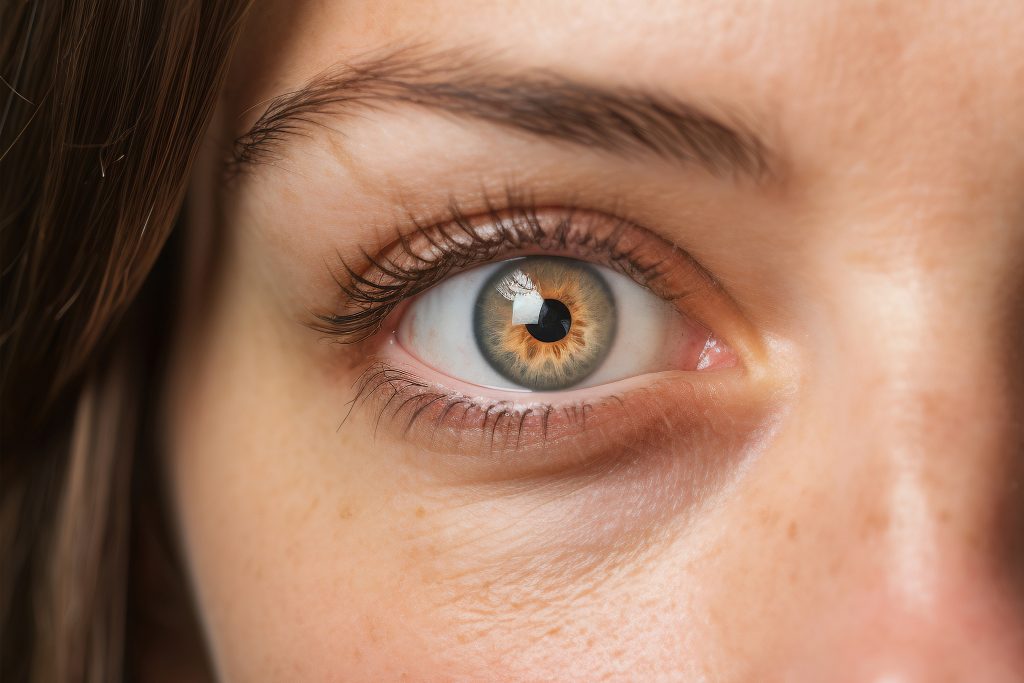Gene therapy for retinal diseases
- Gene therapy for retinal diseases
- Retinal diseases
- Adeno-associated Virus
Gene therapy for retinal diseases has emerged as a promising frontier in the fight against retinal diseases, offering new hope to millions of people around the globe who suffer from age-related macular degeneration (AMD), retinitis pigmentosa and Leber congenital amaurosis (LCA) in recent years. As an ophthalmologist, I am eager to investigate the revolutionary potential of gene therapy in the field of retinal diseases.

Gene therapy for retinal diseases
Retinal diseases are frequently caused by genetic mutations that impair the normal function of retinal cells, resulting in impaired vision or blindness. Traditional treatments have been limited to symptom management, whereas gene therapy seeks to treat the underlying cause by introducing functional genes into the affected cells.
Development of adeno-associated virus (AAV) vectors represents one of the most significant advances in retinal gene therapy. These vectors can safely and precisely transport therapeutic genes to the retina. Gene therapy can restore or improve the normal function of retinal cells by inserting a healthy copy of a defective gene, thereby halting or even reversing the progression of the disease.

LCA, an uncommon genetic disorder that causes severe vision loss beginning in infancy, is a remarkable illustration of gene therapy’s efficacy. Clinical investigations have shown promising results, with some patients experiencing significant vision improvements after treatment. This achievement has paved the way for continued research into other retinal diseases, offering hope to individuals and families afflicted with these difficult conditions.
Nevertheless, it is crucial to recognise that gene therapy for retinal diseases is still in its infancy. Concerns remain regarding long-term safety and the need for recurrent treatments. In addition, accessibility and affordability are significant obstacles that must be overcome for this revolutionary therapy to reach those who need it most.

In conclusion, gene therapy bears great promise in the field of retinal diseases, offering new treatment options for previously incurable conditions. As we continue to advance our knowledge and technology in this field, we must remain committed to confronting the obstacles and ensuring that everyone has access to the benefits of this therapy. Gene therapy for retinal diseases is paving the way for a brighter future for vision due to groundbreaking research.
Recent Post
How to Choose the Best Eye Specialist Doctor in Badlapur
Selecting the best eye specialist doctor in Badlapur is one of the most crucial choices you can make to maintain your visual…
Best Eye Hospital in Thane for Advanced Eye Care
Nothing less than the finest will do when it comes to something as valuable as your eyesight. Locating a reliable, knowledgeable…
Eye Specialist Doctor in Thane for Advanced Treatment
One of your greatest advantages is your vision, therefore taking good care of your eyes is crucial. The best way to…




